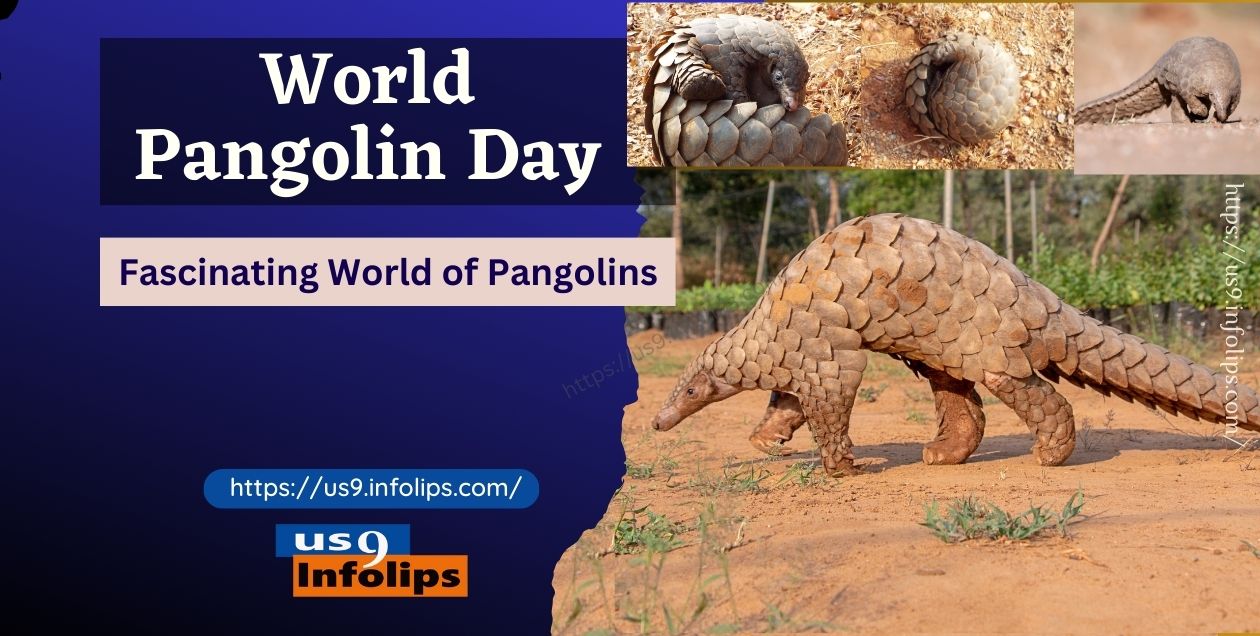World Coconut Day: Celebrating the Versatility and Significance of the Tree of Life
World Coconut Day: Celebrating the Versatility and Significance of the Tree of Life
Table of Contents
World Coconut Day: Celebrating the Tree of Life
1. The Importance of Coconuts
Coconuts are often called the “Tree of Life” because of the numerous benefits they provide. From their nutritious fruit to the strong fiber in their husks, coconuts are an essential part of life for millions of people around the world, especially in tropical regions. They are used for food, drink, medicine, and even building materials.
2. History of World Coconut Day
World Coconut Day is celebrated on September 2nd each year to raise awareness about the importance of coconuts and their role in sustainable development. The day was first observed by the Asian and Pacific Coconut Community (APCC) in 2009, aiming to highlight the significance of this versatile fruit and promote the coconut industry globally.
3. Coconut as a Nutritional Powerhouse
Coconuts are packed with nutrients, making them a valuable addition to any diet. They are rich in vitamins, minerals, and healthy fats, which provide energy and support overall health. Coconut water is also known for its hydrating properties, making it a popular drink, especially in hot climates.
4. Economic Significance of Coconuts
The coconut industry plays a crucial role in the economies of many tropical countries. It provides livelihoods for millions of farmers and workers involved in the cultivation, processing, and distribution of coconut products. World Coconut Day serves as a reminder of the economic value of this industry and the need to support it.
5. Environmental Benefits of Coconuts
Coconut trees are not only valuable for their fruit but also for their environmental benefits. They help prevent soil erosion, improve soil fertility, and provide a habitat for various species. Their ability to grow in sandy and salty soils makes them an ideal crop for coastal regions, contributing to the sustainability of these areas.
6. Cultural Significance of Coconuts
In many cultures, coconuts hold a special place in rituals, traditions, and cuisine. They are often used in religious ceremonies and are considered symbols of prosperity and good fortune. World Coconut Day celebrates this cultural heritage and the role coconuts play in the lives of people across different societies.
7. Versatile Uses of Coconut Products
Coconuts are incredibly versatile, with nearly every part of the tree being useful. Coconut oil, milk, and cream are widely used in cooking and skincare. The husk provides coir, used in making ropes, mats, and brushes, while the shell can be turned into charcoal or used in handicrafts. World Coconut Day highlights these diverse uses, showcasing the tree’s remarkable utility.
8. Promoting Sustainable Coconut Farming
Sustainable farming practices are essential to ensure the long-term viability of coconut cultivation. World Coconut Day encourages farmers to adopt eco-friendly methods that protect the environment while maintaining high yields. This includes using organic fertilizers, practicing crop rotation, and conserving water.
9. Challenges Facing the Coconut Industry
Despite its many benefits, the coconut industry faces several challenges, including pests, diseases, and climate change. World Coconut Day is an opportunity to address these issues by promoting research, innovation, and collaboration among stakeholders to find sustainable solutions.
Looking to the Future of Coconuts
As the world becomes more aware of the importance of sustainability, the future of coconuts looks promising. With continued support for the industry, innovative farming techniques, and a growing global market for coconut products, World Coconut Day reminds us that this ancient tree has a vital role to play in our future.
Objectives of World Coconut Day
- 1. Raise awareness about the economic and nutritional importance of coconuts.
- 2. Promote sustainable coconut farming practices.
- 3. Support the livelihoods of coconut farmers and workers.
- 4. Highlight the cultural significance of coconuts in various societies.
- 5. Encourage research and innovation in the coconut industry.
- 6. Address challenges such as pests, diseases, and climate change.
- 7. Promote the versatile uses of coconut products.
- 8. Foster international collaboration for the development of the coconut industry.
- 9. Celebrate the role of coconuts in promoting health and sustainability.
This article provides a well-rounded perspective on the significance of World Coconut Day, engaging readers with its simple and relatable language while emphasizing the importance of this versatile fruit
9 Facts About World Coconut Day
1. Global Celebration:
World Coconut Day is celebrated on September 2nd across many coconut-growing countries, particularly in Asia and the Pacific.
2. Initiated by APCC:
The day was established by the Asian and Pacific Coconut Community (APCC) in 2009 to promote the coconut industry.
3. Coconut Producing Countries:
The Philippines, Indonesia, and India are among the top coconut-producing countries globally.
4. Economic Impact:
The coconut industry supports the livelihoods of over 10 million people worldwide.
5. Sustainability Focus:
World Coconut Day emphasizes sustainable farming practices to ensure long-term benefits from coconut cultivation.
6. Cultural Significance:
Coconuts are deeply embedded in the cultural practices of many tropical countries, often symbolizing prosperity.
7. Versatile Crop:
Coconuts are used in various industries, including food, cosmetics, textiles, and construction.
8. Climate Resilience:
Coconut trees are highly adaptable, thriving in sandy and salty soils, making them ideal for coastal regions.
9. Global Trade:
Coconut products are traded worldwide, with a growing demand for coconut water, oil, and other derivatives.
Interesting Unknown Facts About World Coconut Day
1. Virtual Celebrations:
Due to global events, many recent World Coconut Day celebrations have taken place online, connecting participants worldwide.
2. First Observance:
The first World Coconut Day celebration was marked by a large conference in Vietnam, focusing on the economic importance of coconuts.
3. Ancient Origins:
The coconut tree is believed to have been cultivated for over 4,000 years, originating from the Indo-Pacific region.
4. Medicinal Uses:
Coconuts have been used in traditional medicine for centuries, believed to treat various ailments from wounds to digestive issues.
5. Mythological Significance:
In some cultures, the coconut is considered a symbol of the cosmos, representing the three planes of existence: earth, heaven, and the underworld.
6. Longest Floating Seed:
Coconut seeds can float in the ocean for months, allowing the species to spread to distant shores naturally.
7. Coconut Genome:
Scientists have sequenced the coconut genome, leading to potential improvements in crop resilience and productivity.
8. Coconut in Space:
Coconut water was tested as a possible hydration solution for astronauts during space missions.
9. Zero Waste:
Every part of the coconut tree can be used, making it one of the most sustainable crops in the world.
9 Controversies About World Coconut Day
1. Monoculture Concerns:
Some critics argue that the focus on coconut farming can lead to monoculture practices, harming biodiversity.
2. Labor Issues:
The coconut industry has faced scrutiny over labor conditions, particularly in countries with large-scale plantations.
3. Environmental Impact:
While coconuts are seen as sustainable, there are concerns about the environmental impact of large-scale coconut farming, including deforestation and water usage.
4. Price Volatility:
The global coconut market is subject to price volatility, affecting the livelihoods of small-scale farmers.
5. Health Debates:
The health benefits of coconut oil have been a topic of debate, with some studies questioning its impact on cholesterol levels.
6. Cultural Appropriation:
The commercialization of coconut products in Western markets has led to accusations of cultural appropriation.
7. Fair Trade Issues:
There have been calls for greater transparency and fairness in the trade of coconut products, particularly concerning fair trade certification.
8. Climate Change Impact:
Coconut farming is vulnerable to climate change, leading to concerns about the long-term sustainability of the industry.
9. Export Dependency:
Some countries heavily rely on coconut exports, making them vulnerable to global market fluctuations and trade policies.
Conclusion
World Coconut Day is more than just a celebration of a versatile and valuable crop; it’s a day to recognize the cultural, economic, and environmental significance of coconuts. As we look to the future, it’s crucial to support sustainable practices and address the challenges facing the industry to ensure that coconuts continue to benefit communities worldwide for generations to come.
FAQs About World Coconut Day
- Q.1: What is World Coconut Day?
World Coconut Day is celebrated on September 2nd to raise awareness about the importance of coconuts and promote the coconut industry globally.
- Q.2: Who started World Coconut Day?
The Asian and Pacific Coconut Community (APCC) initiated World Coconut Day in 2009.
Q.3: Why is World Coconut Day important?
It highlights the economic, nutritional, and cultural significance of coconuts, promoting sustainable farming and industry practices.
Q.4: Which countries celebrate World Coconut Day?
Countries in Asia and the Pacific, such as the Philippines, India, and Indonesia, are the primary celebrants of World Coconut Day.
Q.5: How can I celebrate World Coconut Day?
You can celebrate by learning more about coconuts, supporting coconut farmers, and enjoying coconut-based products.
Q.6: What are the main products made from coconuts?
Coconut oil, milk, water, and coir are some of the main products derived from coconuts.
Q.7: What are the environmental benefits of coconuts?
Coconut trees help prevent soil erosion, improve soil fertility, and are adaptable to various climates, especially in coastal regions.
Q.8: What are some challenges facing the coconut industry?
Challenges include pests, diseases, climate change, and labor issues within the industry.
Q.9: How does World Coconut Day promote sustainability?
The day promotes sustainable farming practices, encouraging eco-friendly methods and raising awareness about the need for environmental protection
.
Follow us for more captivating articles and stay connected to explore the world. Let’s embrace the power of communication and understanding.
Disclaimer: The views in this article are given with the help of information available on the net. Readers are encouraged to conduct their own research before making any decisions. The publisher disclaim any liability for any loss or damage caused directly or indirectly.

Related topics:
1. Perfect World Travel Guide
2. 9 Most Popular EV Cars in the USA
3. 9 Best Things About Apple TV 4K – Third Generation
4. Think before You Renew Amazon Prime
5. Jimmy Carter: A Great Legacy
6. Memorial Day: Honoring the Sacrifice, Celebrating Freedom
School Site :
For English grammar and lot more : Smart School Infolips
Marathi Poems: Marathi Rang











